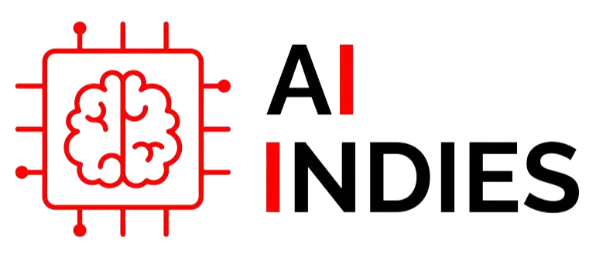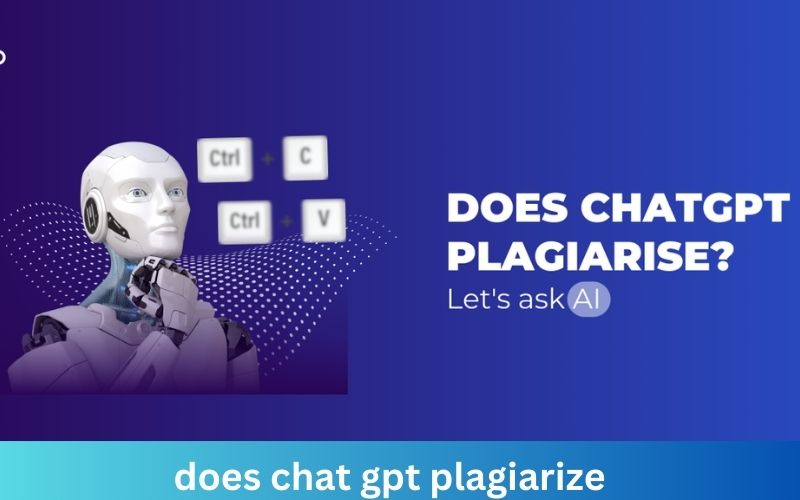Does Chat GPT Plagiarize? Understanding AI’s Creative Boundaries
With the rise of artificial intelligence, the question of originality and does chat gpt plagiarize in AI-generated content has become a hot topic. ChatGPT, one of the leading AI language models, is at the forefront of this discussion. Many people wonder: does chat gpt plagiarize? In this blog, we will explore this question, examine the technology behind ChatGPT, and discuss how it handles the challenge of creating unique content while addressing concerns about plagiarism.
What is ChatGPT?
ChatGPT is a language model developed by OpenAI, designed to generate human-like text based on the input it receives. It has been trained on a diverse dataset comprising billions of words from the internet, books, articles, and more. This extensive training enables ChatGPT to generate coherent and contextually relevant responses to a wide range of queries.
How Does ChatGPT Generate Content?
ChatGPT creates content by predicting the next word in a sequence, considering the context provided by the user. It does not directly copy text from its training data. Instead, it uses its understanding of language patterns and context to construct sentences. This process is akin to how humans use language skills to form new sentences by drawing from their knowledge.
Does ChatGPT Plagiarize?
The short answer is no, ChatGPT does not plagiarize in the traditional sense. Plagiarism involves copying someone else’s work without giving proper credit. ChatGPT, while drawing from a vast amount of information, generates text based on patterns rather than directly reproducing content from its training data. It does not store exact copies of the text but instead learns to generate similar content.
How Does ChatGPT Handle Copyrighted Material?
OpenAI has implemented measures to minimize the risk of generating copyrighted content. By leveraging its vast dataset, ChatGPT aims to provide unique and original responses. However, since it is trained on publicly available data, there is a possibility that it might produce text that resembles existing content. OpenAI continuously works to improve its models and address these concerns.
Safeguards Against Plagiarism
OpenAI has introduced safeguards to minimize the risk of ChatGPT generating plagiarized content. These include:
- Fine-Tuning: OpenAI fine-tunes ChatGPT to ensure that it adheres to guidelines and generates responses that are as original as possible.
- Human Moderation: Human reviewers monitor and evaluate the output of ChatGPT to ensure that it aligns with ethical standards and doesn’t infringe on copyrighted material.
- Feedback Loop: OpenAI encourages users to provide feedback on the generated content, allowing the model to learn and improve over time.
How Can Users Ensure Originality?
While ChatGPT itself does not intentionally plagiarize, users must take responsibility for ensuring the originality of the content they use. Here are some steps users can take:
- Verify Sources: When using information generated by ChatGPT, users should cross-reference it with reliable sources to ensure accuracy and originality.
- Edit and Customize: Users can personalize and edit the content generated by ChatGPT to make it unique and tailored to their needs.
- Use Plagiarism Detection Tools: Employing plagiarism detection tools can help users identify and rectify any unintentional similarities in the content.
The Role of AI in Education and Writing
AI, including ChatGPT, has the potential to be a valuable tool in education and writing. It can assist students and writers in generating ideas, providing suggestions, and improving their writing skills. However, users must use AI-generated content responsibly and ethically to ensure it complements human creativity rather than replacing it.
How Educators Can Address AI-Generated Content
Educators play a crucial role in guiding students on using AI-generated content ethically. Here are some strategies educators can adopt:
- Promote Critical Thinking: Encourage students to critically evaluate AI-generated content and distinguish between reliable information and potential inaccuracies.
- Teach Citation Practices: Educators should emphasize the importance of proper citation and giving credit to sources, even when using AI-generated content.
- Discuss AI Ethics: Engage students in discussions about the ethical implications of AI in education and writing to foster responsible usage.
Conclusion
ChatGPT, like other AI language models, does chat gpt plagiarize in the traditional sense. It generates content based on patterns and context, not by copying from its training data. OpenAI has implemented safeguards to minimize the risk of unintentional plagiarism and encourage ethical usage. While ChatGPT can be a valuable tool for writers and educators, it is essential for users to take responsibility for ensuring originality and accuracy in their work.
In conclusion, understanding the capabilities and limitations of does chat gpt plagiarize crucial in navigating the evolving landscape of AI and creativity. By fostering responsible usage and ethical practices, we can harness the potential of AI tools while preserving the essence of human ingenuity and originality. As we continue to explore AI’s impact on writing and education, addressing questions like “Does ChatGPT plagiarize?” will remain an important part of the conversation.




